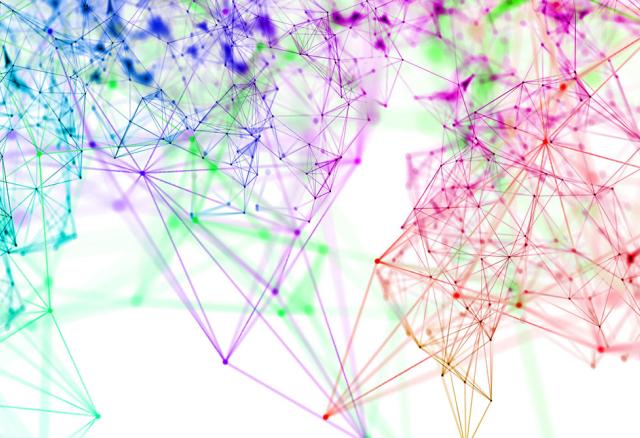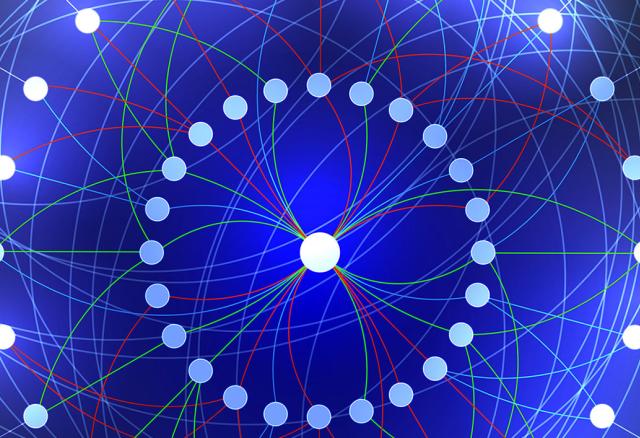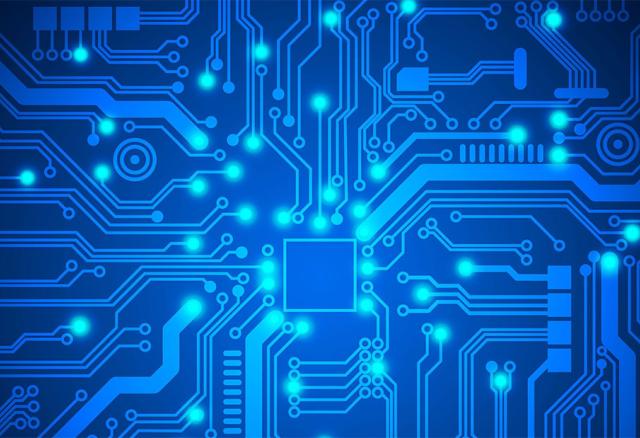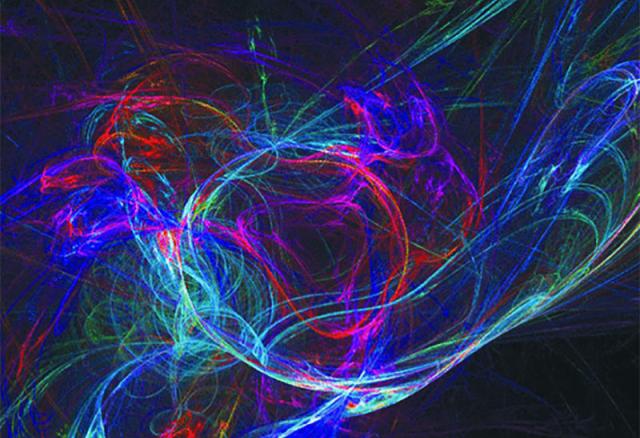An Exciting Juncture: The Convergence of Machine Learning and Signal Processing
This is our sixth and final issue of 2024. It is hard to believe that a year has gone by since our term as the new editorial team started in January. In our first year, in addition to our usual array of technical overviews and Society news, we addressed a number of topics of significance for our community in the hopes of starting a discussion.






